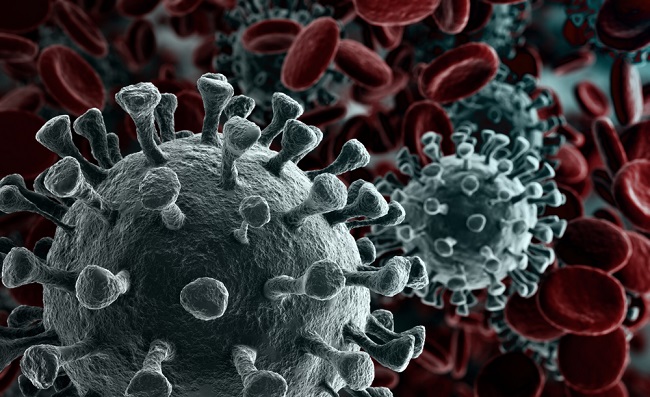Glasgow researchers to study the impact of Covid-19 in lower and middle-income countries
Published: 11 August 2020
An international team of researchers, led by the University of Glasgow, has received an award to study the impact of Covid-19 in lower and middle-income countries, funded by the Bill & Melinda Gates Foundation.
An international team of researchers, led by the University of Glasgow, has received an award to study the impact of Covid-19 in lower and middle-income countries, funded by the Bill & Melinda Gates Foundation.
Even with access to optimum healthcare and intensive management, the SARS-CoV-2 virus kills 0.5 – 5% of infected individuals through a rapidly developing lung disease and severe hypoxia (lack of oxygen). The virus continues to spread through all continents with concerning recent increases in sub Saharan Africa (SSA).

The progression and pathogenesis of severe COVID-19 infection may be different in SSA where other conditions and comorbidities such as malaria, tuberculosis, HIV infection and under-nutrition are more common than in wealthy countries. The impact of these conditions and their interaction with the virus is not fully understood. These comorbidities, as well as reduced intensive care capacity, may mean that COVID-19 has a greater impact in African countries.
Immunomodulation (using drug treatments to alter immune response) is a major prong of treatment efforts and may be particularly important in low- and middle-income countries with reduced capacity for intensive care. To identify the safest and most effective treatments it is important to understand the tissue-specific immune responses that drive severe disease in tissue, particularly in the lung.
Dr Chris Moxon from the Wellcome Centre for Integrative Parasitology at the University of Glasgow, and an international team of collaborators have been awarded a grant from the Gates Foundation to conduct a detailed investigation of the changes to tissues and immune system response in fatal COVID-19 cases in Malawi.
The team will examine samples from the lung, spleen, liver, brain, and bone marrow from Malawian patients with fatal COVID-19, as well as controls with fatal non-COVID lower respiratory infection and fatal non-lung related causes of death. Detailed analysis using bioinformatics will explore the cellular pathways associated with severe COVID-19 lung parenchymal disease with the goal of identifying potential therapeutic targets. In addition, biomarkers from easily accessible samples (i.e. blood and nasal swabs) will be correlated to markers of immune response in the lung to enable improvements in diagnosis or monitoring of treatment responses (i.e. what do responses in these samples that are accessible during life tell us about responses in the inaccessible tissue of the lung).
The value of the award is $685,373 commencing 3/08/20 for one year.
Dr Thomas Otto from the Institute of Infection, Immunity and Inflammation at the University of Glasgow is a Co-investigator on the award. The work is in collaboration with College of Medicine (co-Is Dr. Steve Kamiza and Benjamin Kumwenda), the Blantyre malaria project, and an international group of collaborators (University of Manchester, University of Amsterdam, University of Washington).
Enquiries: ali.howard@glasgow.ac.uk or elizabeth.mcmeekin@glasgow.ac.uk / 0141 330 6557 or 0141 330 4831
First published: 11 August 2020
<< August

